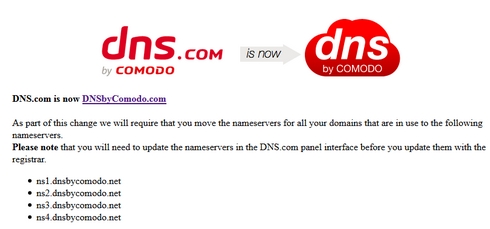Article: Public DNS malware filters tested
Sadly test doesnt include some dnses like controld or nextdns
Sadly test doesnt include some dnses like controld or nextdns
DNS0.EU topped the the list. DNS0.EU is based on Next_DNS in default settings as good as DNS0.EU Sadly the test is incorrect, because CERT PL is co-funded by the Connecting Europe Facility which also sponsors DNS0.EU. So probably all malware URL's of CERT-PL were provided to DNS0.EU (and NEXT_DNS)Article: Public DNS malware filters tested
Sadly test doesnt include some dnses like controld or nextdns
Prevalent malware signed by Comodo certificates.Comodo Secure DNS's result is absolutely embarrassing. What are they securing actually?

That is why the behavioral blocker component of Comodo works so well. they know exactly which signatures they should run in a sandbox. It is a brilliant tactic.Prevalent malware signed by Comodo certificates.

Comodo Issued Most Certificates for Signed Malware on VirusTotal
Comodo CA issued the largest number of digital certificates used to sign malware samples found on VirusTotal over the past year, Chronicle’s security researchers say.www.securityweek.com
if i remember correctly, comodo used to use neustar as their dns provider, neustar itself was doing great blocking malicious content, not sure why comodo ditched(?) them or are they using the non filter dns of them stillComodo as a business is only interested
They may have used NeuStar but I don’t remember that. In 2014 they acquired DNS.com (one fading DNS provider that perfectly fits and matches the fading Comodo brand). They then proceeded to rebrand from DNS.com to DNSbyComodo.comif i remember correctly, comodo used to use neustar as their dns provider, neustar itself was doing great blocking malicious content, not sure why comodo ditched(?) them or are they using the non filter dns of them still

That’s not from now and it’s not news. Comodo as a business is only interested in beefs with other companies (such as the beef they had with Symantec when Google threatened to revoke their certificates). Their other hobby is signing malware. For example Trend Micro has this research of code signing abuse that claims Comodo (Sectigo) are easiest to abuse and are sold cheaply on the black market. The research was done around 2015 and the paper was published 2018.
Oh and they have various other hobbies like commenting how good they are on their forum, praising their software (apart them and 5 fans nobody else will), not updating, not fixing bugs and others. Their DNS has always been a disgrace too.